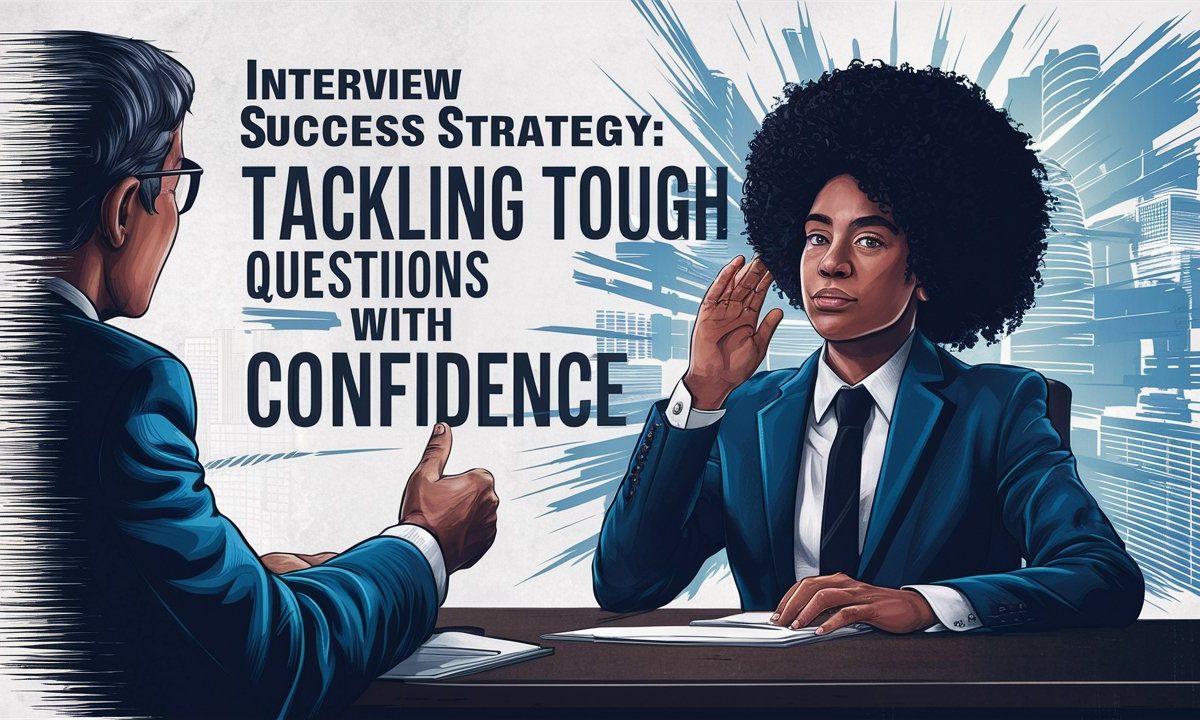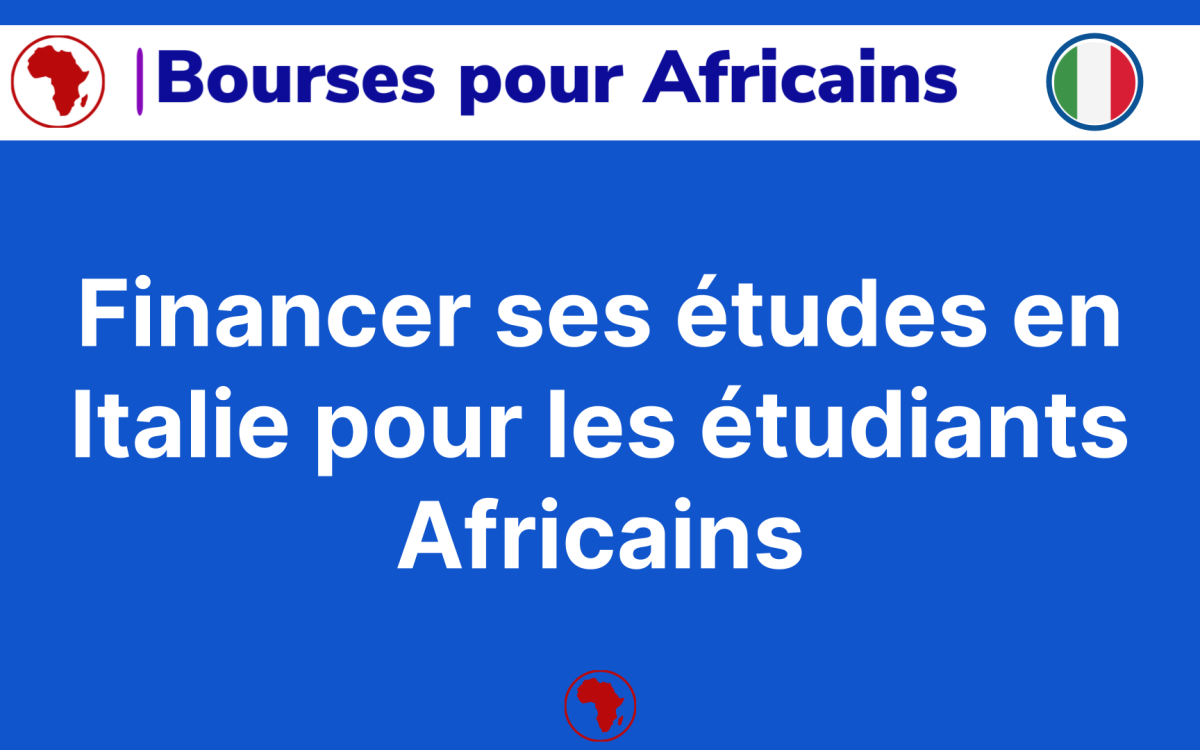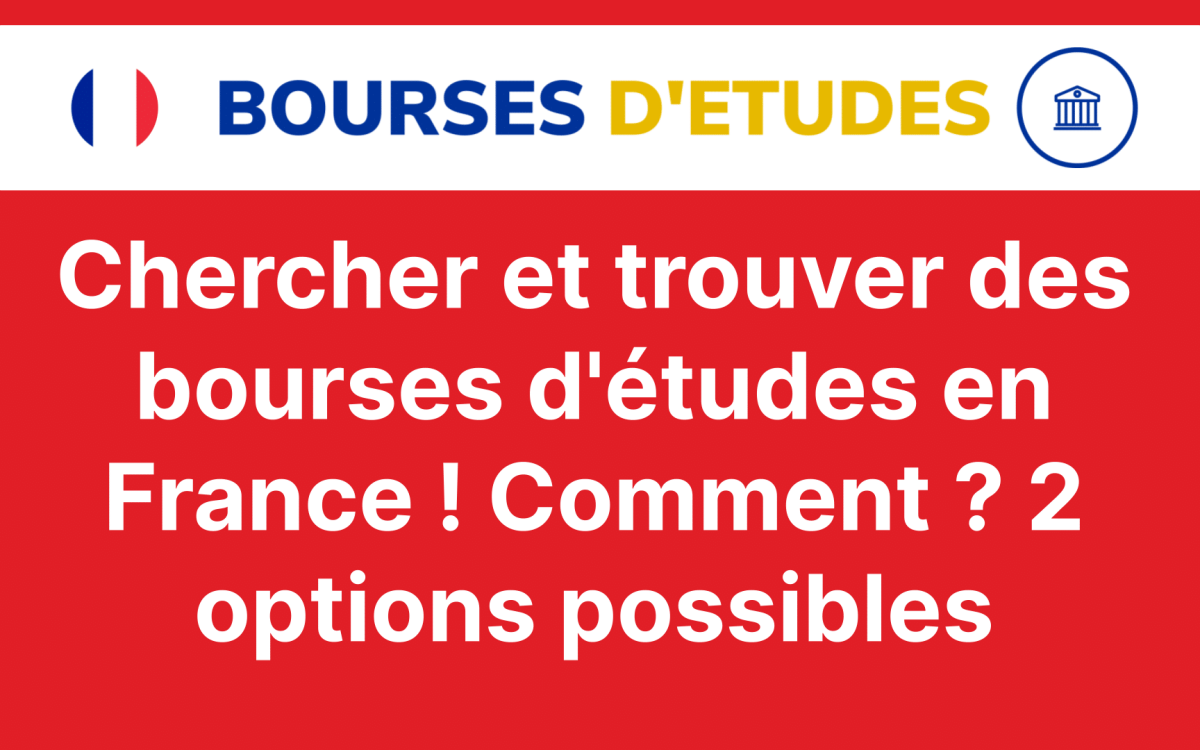Introduction

Interview Success Strategy: Tackling Tough Questions with Confidence
Interviews can be nerve-wracking, can’t they? Yet, they also serve as your key to unlocking that coveted dream position. Among the many aspects of interviews, dealing with tough questions can be the most daunting. However, with the right strategy, you can tackle these challenges with confidence and impress your potential employer. Interview Success Strategy: Tackling Tough Questions with Confidence
Understanding the Interview Landscape

Interview Success Strategy: Tackling Tough Questions with Confidence
Before diving into strategies, it’s crucial to understand the types of interviews and the nature of tough questions. Interviews can range from phone screenings and video calls to in-person meetings and panel interviews. Each type requires different preparation.
Preparation is Key Interview Success Strategy: Tackling Tough Questions with Confidence

Interview success
Preparation is the foundation of interview success. Start by researching the company. Understand their mission, values, and recent achievements. Next, get a clear picture of the job role. What skills are they looking for? How can you fit into their team? Consider your previous encounters and ponder their relevance to the role you’re pursuing.
Strategies for Answering Tough Questions

Interview Success Strategy: Tackling Tough Questions with Confidence
Tough questions can be tricky, but with the right approach, you can handle them gracefully.
The STAR Method
One effective strategy is the STAR method (Situation, Task, Action, Result). When asked about past experiences, outline the Situation, explain your Task, describe the Actions you took, and highlight the Results you achieved. This method helps you provide structured and impactful answers.
Staying Calm and Collected
It’s natural to feel nervous, but staying calm is essential. Take a deep breath before answering. This pause can help you collect your thoughts and provide a more coherent response.
Practicing with Mock Interviews
Practice makes perfect. Conduct mock interviews with a friend or mentor. This will help you get comfortable with the format and the types of questions you might face.
Common Tough Questions and How to Handle Them
“Tell me about a time you failed.”
Nobody likes talking about their failures, but this question assesses your ability to learn from mistakes. Use the STAR method to describe a failure, emphasizing what you learned and how you improved.
“What are your weaknesses?”
This classic question tests your self-awareness. Choose a real weakness and discuss the steps you’re taking to overcome it. Avoid clichés like “I’m a perfectionist.”
“Why should we hire you?”
Here, you need to sell yourself. Highlight your unique skills and experiences that align with the job role. Be confident but not arrogant.
“Where do you see yourself in five years?”
Employers want to know if you’re in it for the long haul. Ensure that your professional aspirations are in sync with the trajectory of the company’s expansion. Show ambition but remain realistic.
“Why did you leave your last job?”
Be honest but diplomatic. Focus on positive reasons like seeking new challenges or career growth. Avoid criticizing your previous employer.
Body Language and Communication
Your body language can speak volumes. Maintain eye contact to show confidence and engagement. A firm handshake can set a positive tone at the start of the interview. Use positive body language, such as nodding and smiling, to create a connection with the interviewer.
Following Up After the Interview

Interview Success Strategy: Tackling Tough Questions with Confidence
Your job isn’t over once the interview ends. Send a thank-you email within 24 hours. It’s a polite gesture that shows appreciation and keeps you on the interviewer’s radar. Reflect on your performance to identify areas of improvement. Finally, stay patient and positive while waiting for the outcome.
Conclusion
In conclusion, interviews are a crucial step in your job search journey. Tackling tough questions with confidence requires preparation, practice, and a calm demeanor. Keep in mind, each interview presents a chance for personal development and enrichment. With these strategies, you’ll be well-equipped to handle any challenging question that comes your way.
Relevant Links:
- MohammedTazi.com (Expert insights on passive income strategies)
- HowToDoIt.site (Guides and tutorials on building passive income businesses)
- EasyRecrute.com (For Interview Success)
FAQs
How can I prepare for an interview in a short amount of time?
When time is limited, prioritize the fundamental aspects. Research the company, review the job description, and practice answering common interview questions. Have a few examples ready using the STAR method.
What should I bring to an interview?
Be sure to carry several copies of your resume, a roster of references, a notebook, and a pen. Also, have any required documents, like a portfolio or work samples, ready.
What’s the best approach for managing inquiries to which I don’t have the answers?
It’s perfectly acceptable to acknowledge when you don’t have the answer. “That’s a great question. I’d like to think about it and get back to you.” This shows honesty and a willingness to learn.
Is it okay to ask about salary during the interview?
It’s advisable to defer discussion of the topic until the employer raises it. If not mentioned, you can ask about the salary range towards the end of the interview or in a follow-up email.
How soon should I follow up after the interview?
Send a thank-you email within 24 hours of the interview. If you haven’t heard back after a week, it’s appropriate to send a polite follow-up email inquiring about the status of your application.





